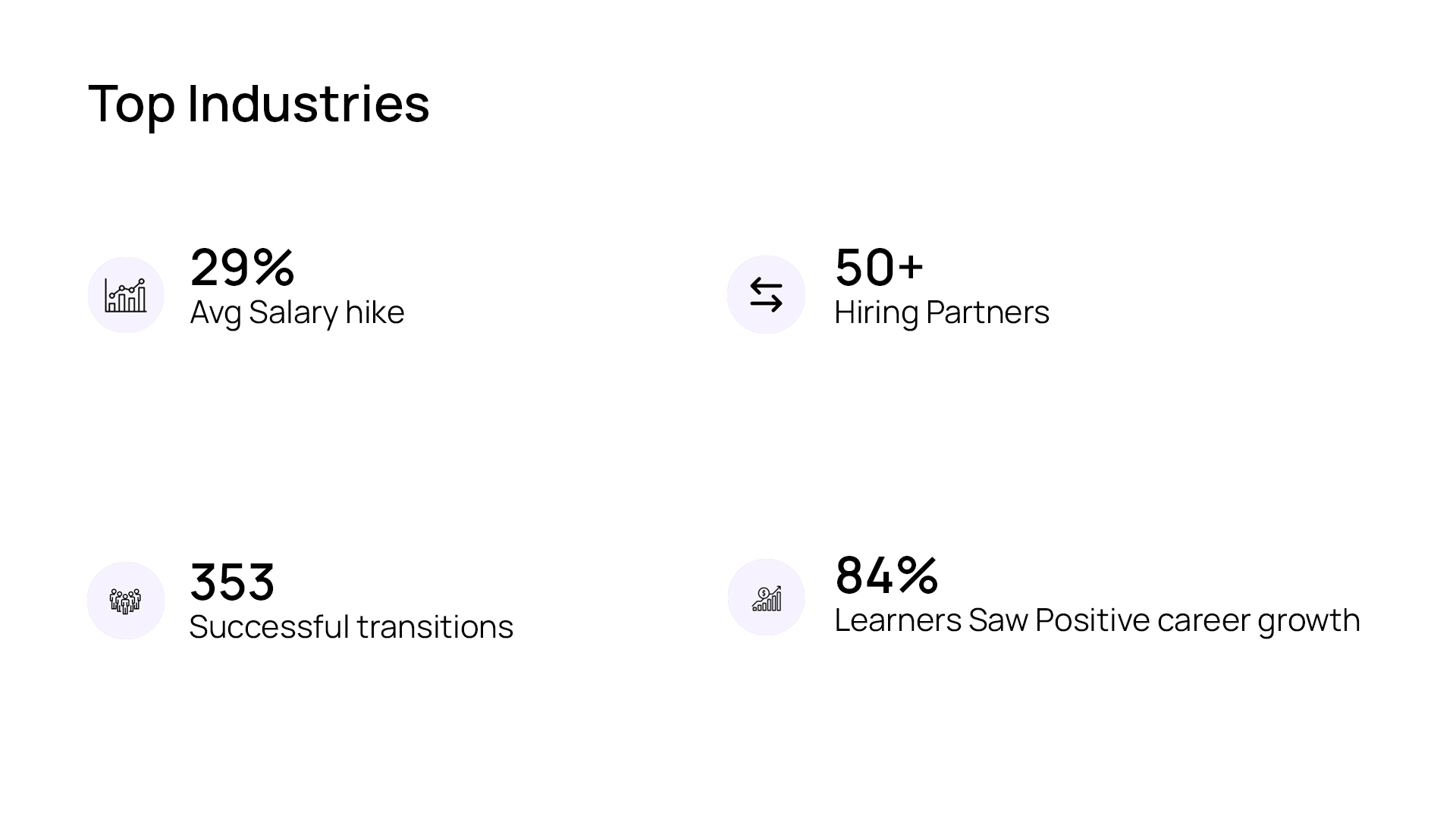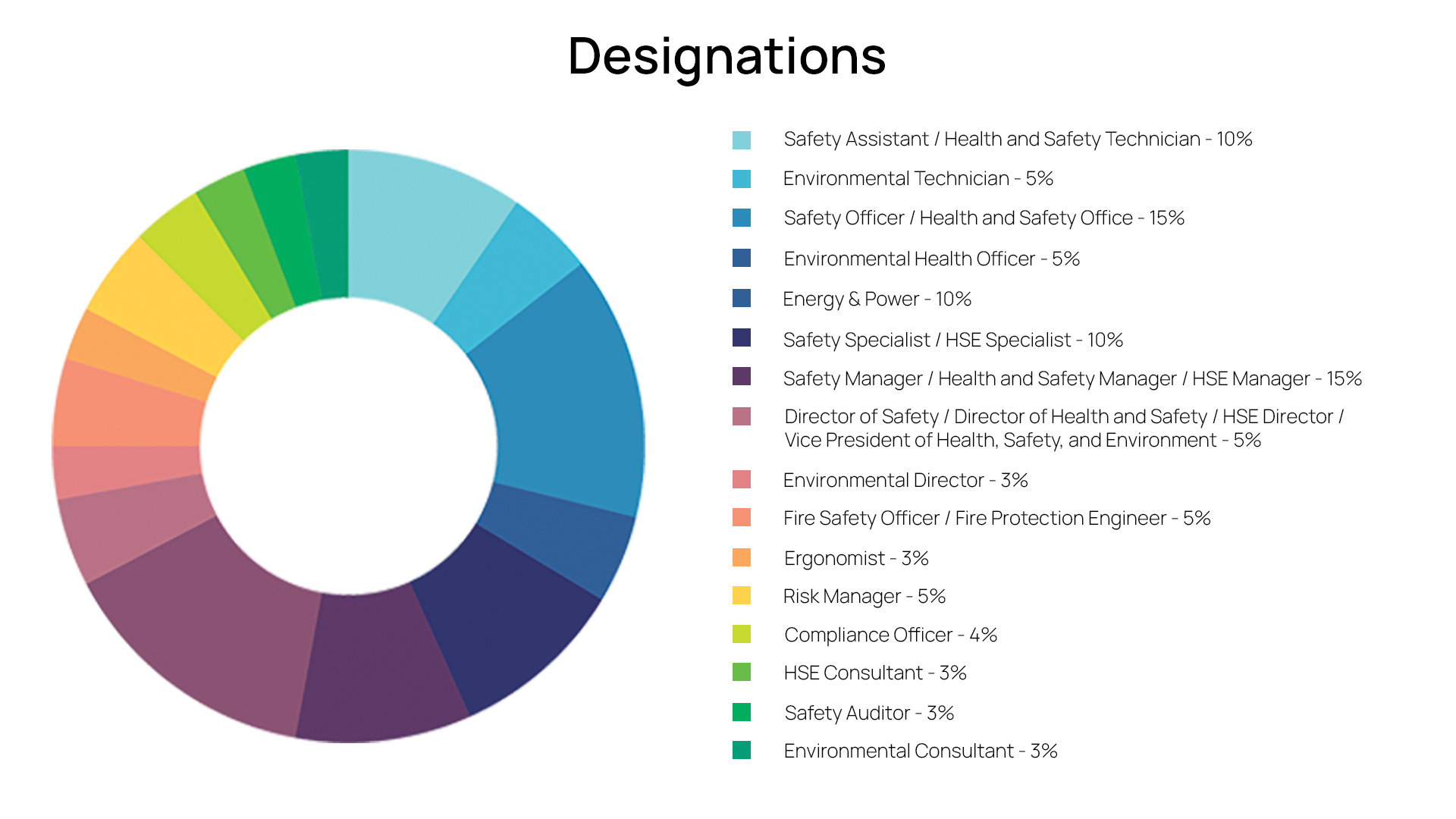Course Overview
Course Overview
- •An advanced curriculum that offers comprehensive knowledge and abilities in environmental management and sustainable strategies is the Environment & Sustainability Excellence – Chartered Level (Level 8). Here is a detailed description of the course:
- •Principles of Advanced Environmental Management: Students will delve deeply into advanced theories and ideas in environmental management, including frameworks for environmental policy, sustainable development, and regulatory compliance.
- •Planning and Making Strategic Environmental Decisions: This lesson focuses on strategic planning procedures for handling difficult environmental challenges. To achieve environmental excellence, students will learn how to evaluate environmental risks, create sustainability strategies, and make well-informed decisions.
- •Environmental Impact Assessment and Management: This course covers advanced methods for managing environmental hazards related to industrial operations, policy initiatives, and development projects, as well as performing ecological impact assessments (EIAs).
- •Corporate Environmental Responsibility: Students will investigate how companies and sectors of the economy contribute to sustainable development and environmental preservation. Corporate social responsibility (CSR) initiatives, environmental management systems (EMS), and corporate sustainability plans are among the subjects covered.
- •Environmental consultants, sustainability officers, conservationists, and government officials are among the professionals with experience in the environmental sector who wish to further their careers and expand their knowledge and skill set.
- •Graduates with Environmental Backgrounds: Those who want to concentrate even further on environmental management and have earned undergraduate or graduate degrees in environmental science, ecology, biology, geography, engineering, or similar fields.
- •Candidates must pass an equivalent exam in a relevant stream or have a degree (level 7 certification).
- •The degree must have a minimum cumulative score of 50 % or above.
- •An institution that has received official recognition as a degree-granting body must award the degree.
- •Candidates may also qualify if a regionally approved university considers their postsecondary degree to be equivalent to a four-year bachelor's degree.
- •Candidates must have a minimum of five years of experience in occupational health and safety to be eligible for entry into the program.
- •The semester test spans 4.30 hours and includes 70 objective questions and 30 descriptive questions.
- •In addition to the written exam, students must turn in a 2,500-word project report within 60 days of the completion date.
This course boasts prestigious accreditations and memberships, reflecting its global recognition and high standards:
- Accreditations:
- •Full Accreditation from the British Accreditation Council (BAC - UK)
- •Full Accreditation from the International Association for Quality Assurance in Pre-Tertiary and Higher Education (QAHE - USA)
- •Approved Learning Partner of the International Board of Safety Professionals (IBSP - UK)
- Course Accreditations:
- •Accredited by the International Institute of Risk & Safety Management (IIRSM - UK)
- International Institutional Memberships:
- •British Safety Council (BSC - UK)
- •The Royal Society for the Prevention of Accidents (RoSPA - UK)
- •Institute of Engineers India (IEI)
- •National Safety Council India (NSCI)
- • Statistics for Environmental Engineers
- • Environmental Chemistry
- • Environmental Microbiology
- • Transport of Water and Wastewater
- • Principles and Design of Physico-Chemical Treatment Systems
- • Principles and Design of Biological Treatment Systems
- • Air Pollution Control
- • Solid and Hazardous Waste Management
- • Environmental and Socio-economic Impact Assessment
- • Industrial Wastewater Pollution- Prevention and Control
- • Environmental Policies and Legislation
- • Remote Sensing and GIS Applications in Environmental Management
- • Climate change and Adaptation
- • Transport of Water and Wastewater
- • Principles and Design of Physico-Chemical Treatment Systems
Testimonials
Student Community Feedback
I have been learning from more than three months and also completed my first semester exam. The online teaching arrangement is good, valuable inputs are also available from various students on the questionnaire in the discussion forum, I found it really good learning experience ...

UAE
My experience with KEN Institute has been so wonderful and skilful journey. I achieved my HSE level 6 qualification within stipulated timeframe. There online classes are taught with experts and well experienced lecturers. They assisted me all the way through my course. I'm glad that I choose KEN.

Trilogistic W.L.L, Qatar
The course delivery is exceptionally well done with the session being so interactive with the faculty and other learners always available through the discussion, which makes it easier to learn and share experiences. The course is exactly what I was looking for. Thanks to Ken Institute .

Botswana
I definitely would recommend KEN Institute of Executive Learning and would encourage students to study hard and inform themselves as much as possible about the several academic opportunities the Institution offers. This Institute takes the educational mission to heart, here you will find people...

DR Congo
My experience with Ken institute has been a very good one. The administrators have been really helpful from first enquiry all through enrollment and the teachers are resourceful and knowledgeable. I have no complaints about my experience so far. Thank you Ken institute.

Uganda










